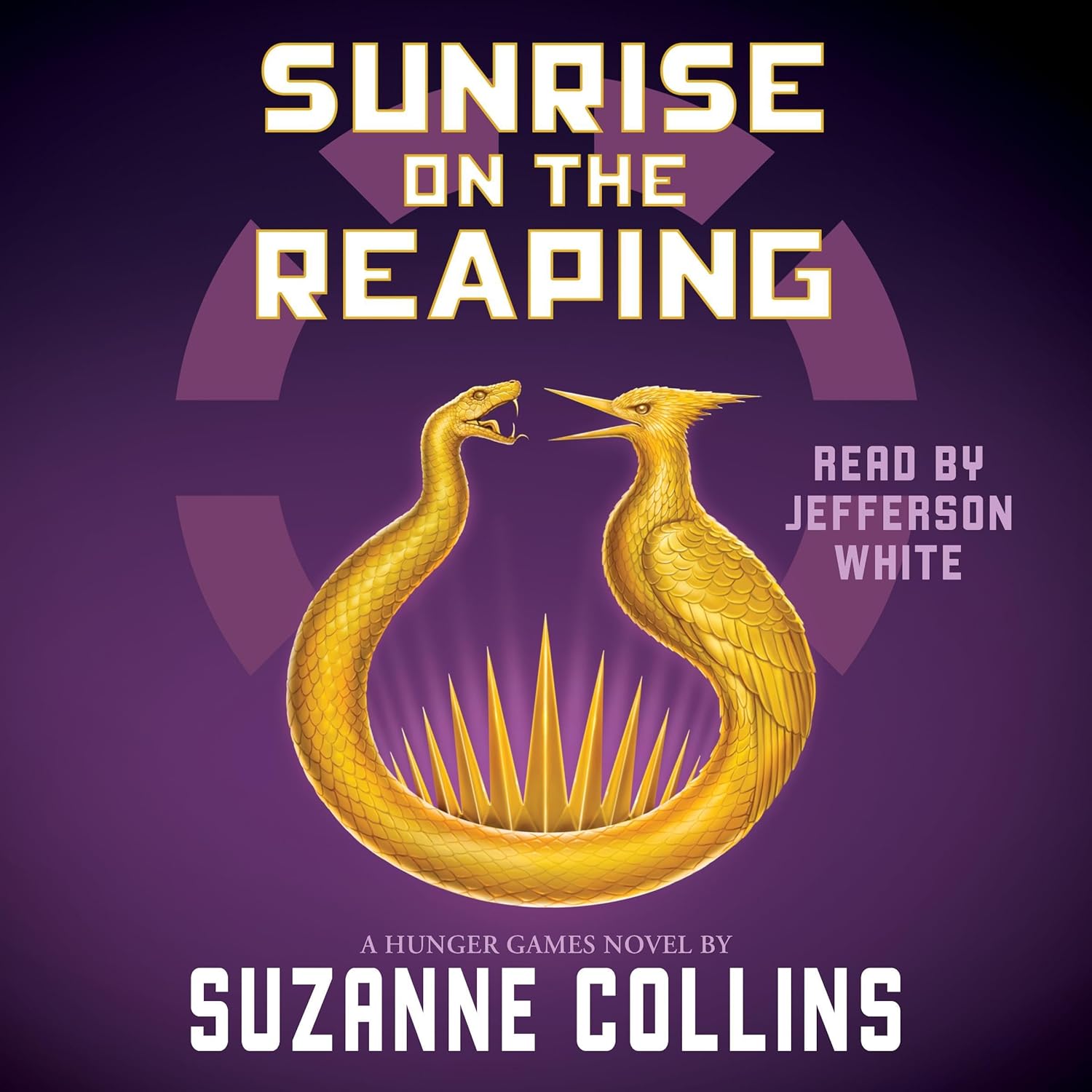[toc]
katnisss trauma analyzing a hunger games excerpt
Sunrise on the Reaping (A Hunger Games Novel) (The Hunger Games)
Page 452 Review
The Haunting Reality of Survival: A Deep Dive into Katniss’s Trauma
This excerpt plunges us into the fractured psyche of Katniss Everdeen, a survivor grappling with the aftermath of the Hunger Games.
The initial description of Lenore Dove, seemingly a figure of adoration, immediately introduces a chilling ambiguity.
Let’s dissect the layers of meaning embedded within this passage.
The Illusion of Love and Acceptance
The opening lines paint a picture of idyllic affection: “Like she’s delightful to look at, swishes around in bright colors, and sings like a mockingjay.
You love her.
And oh, how she seems to love you.” This saccharine portrayal suggests a relationship built on surface-level charm and perhaps even manipulation.
The comparison to a mockingjay is particularly poignant, as mockingjays are symbols of rebellion and resistance, but also of mimicry – hinting that Lenore’s affection may not be entirely genuine.
The Seed of Doubt: A Disconnect in Plans
However, a crucial caveat follows: “Except sometimes you wonder because her plans don’t seem to include you at all.” This single sentence shatters the illusion, revealing a fundamental disconnect.
Katniss senses a lack of integration into Lenore’s life, a potential betrayal lurking beneath the surface.
This exclusion fuels her paranoia and raises questions about the true nature of their relationship.
Internal Turmoil: The Price of Survival
The line “Oh, Lenore Dove, what have I done to you?
How will you pay for my surviving the Hunger Games?” unveils the core of Katniss’s internal struggle.
She acknowledges the burden of her survival, implying that it has come at a cost to others, particularly Lenore.
The question of how Lenore will “pay” suggests a sense of guilt and the expectation of retribution.
This could stem from a perceived betrayal, a forced sacrifice, or simply the disruption Katniss’s survival has caused in Lenore’s life.
The Outburst: A Breakdown of Control
The ensuing violent outburst underscores Katniss’s profound trauma. “I lose it, smashing a chair into the window, shattering glass onto a table of china kittens, then pounding at the bars with a heavy lamp.
I hammer away until a burst of bullets above my head breaks my focus.” This destructive act is a manifestation of her bottled-up rage, fear, and desperation.
The image of shattering glass and china kittens symbolizes the fragility of her former life and the innocence she has lost.
The Peacekeepers’ Intervention: A Reminder of Oppression
The arrival of the Peacekeepers serves as a stark reminder of the oppressive regime that controls Panem. “A pair of heavily armed Peacekeepers has materialized, their rifles trained on me.” Their presence reinforces Katniss’s sense of captivity, both physically and mentally.
Effie Trinket’s forced cheerfulness, “Well, who’s ready for a big, big, big night?” is a grotesque display of the Capitol’s detachment from the suffering of its citizens.
This line highlights the performative nature of Capitol society and its inability to acknowledge the true cost of the Hunger Games.
Transformation: From Piglet to Beast
Katniss’s self-assessment is brutal and honest: “I’m skin and bones, wearing dirty pajamas, and my bare feet bleed freely from the broken glass.
Somewhere in the last few weeks, my nails have turned to claws, my hair to fur.
I’ve killed multiple times and preserved no life but my own.
I left a simple district piglet and returned as the murderous beast that they always suspected lay in wait.” She recognizes the profound transformation she has undergone, acknowledging the loss of her innocence and the emergence of a primal, survival-driven instinct.
The phrase “murderous beast” reflects her internalized guilt and the dehumanizing effect of the Games.
The Final Plea: A Desperate Grasp for Normalcy
The final line, “Just need a flower for my lapel,” is a poignant attempt to reclaim a semblance of normalcy.
It’s a desperate plea for beauty and connection in a world consumed by violence and trauma.
This seemingly simple request underscores the profound disconnect between Katniss’s inner turmoil and the expectations placed upon her by the Capitol.
This excerpt provides a powerful glimpse into the psychological scars of survival and the complexities of relationships forged in the crucible of trauma.
Katniss’s journey is a testament to the enduring human spirit, even in the face of unimaginable adversity.
Buy full ebook for only $15: https://www.lulu.com/shop/suzanne-collins/sunrise-on-the-reaping-a-hunger-games-novel-the-hunger-games/ebook/product-e7496ww.html?page=1&pageSize=4
Katnisss Trauma Analyzing A Hunger Games Excerpt
Read more: Surviving the Arena: A Brutal Fight for Life

